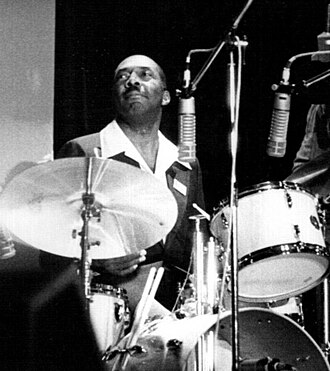Discover Your Roots
SIGN UPDiscover Your Roots
SIGN UPOdie is a name primarily of American origin, commonly associated with females. The name Odie means "Oddball," reflecting uniqueness and individuality. While traditionally a masculine given name and nickname, it has also been used as a rarer feminine name, often as a shortened form of Odell, Odele, or Odette. Notable individuals with the name include sports figures like Odie Armstrong, Odie Cleghorn, and Odie Harris, as well as musicians such as Odie Leigh. Additionally, Odie is recognized as a pet name, famously associated with the fictional dog Odie from the Garfield series, as well as real-life canines like Zeltim Odie Peterson. The name Odie carries a sense of distinctiveness and character, making it a unique and memorable choice for both males and females.

Odie Payne (August 27, 1926 – March 1, 1989) was a highly influential American Chicago blues drummer. His career was marked by collaborations with a diverse array of musicians, including Sonny Boy Williamson II, Muddy Waters, Jimmy Rogers, Eddie Taylor, Tampa Red, Otis Rush, Yank Rachell, Memphis Minnie, Chuck Berry, and Buddy Guy. Born in Chicago, Illinois, Payne's passion for music began at an early age, leading him to study music in high school and later graduate from the Roy C. Knapp School of Percussion after serving in the U.S. Army. He gained significant acclaim for his unique drumming style, characterized by the use of the cowbell, bass drum pedal, and extended cymbal and drum rolls. Payne's double-shuffle drumming technique, involving the use of both hands to produce the shuffle effect, earned him widespread recognition and influenced fellow musicians like Fred Below and Sam Lay. His work can be heard on numerous records released by Cobra Records and Chess Records, including Chuck Berry's hit singles "Nadine," "You Never Can Tell," "Promised Land," and "No Particular Place to Go." Payne's legacy continues to resonate, and his impact on the Chicago blues scene is enduring. He passed away in Chicago on March 1, 1989, leaving behind a rich musical heritage.




All images displayed on this page are sourced from Wikipedia or Wikimedia Commons.We use these images under their respective Creative Commons or public domain licenses. Wherever applicable, author attributions and license information are provided. If you believe an image is used incorrectly or outside its license terms, please contact us so that we can review and correct the issue.